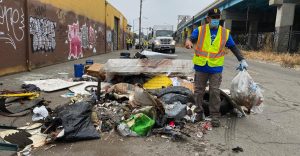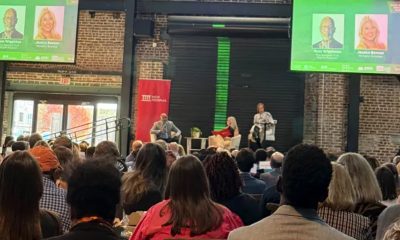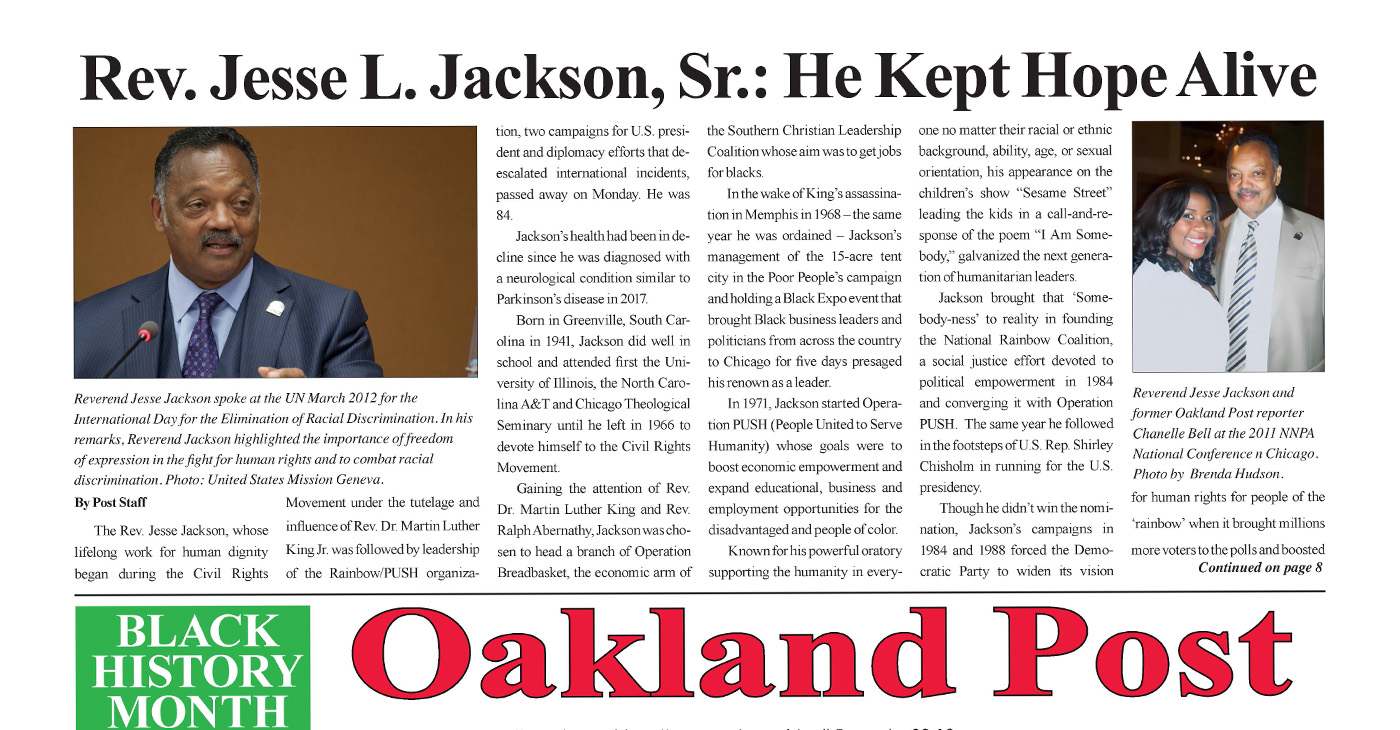Activism
BLM Leader Alicia Garza Among Guests at Ella Baker Center’s 25th Anniversary Celebration
“The ability to change the conditions in people’s lives requires power,” Garza said. “The mountains that we’re trying to climb are about, how do we make the rules, change and shape the rules, and shape the agenda. It’s important for us to understand that movements need infrastructure. They need vehicles like the Ella Baker Center that can be fighting and writing new rules and getting those implemented. We can transform the way the world operates.”
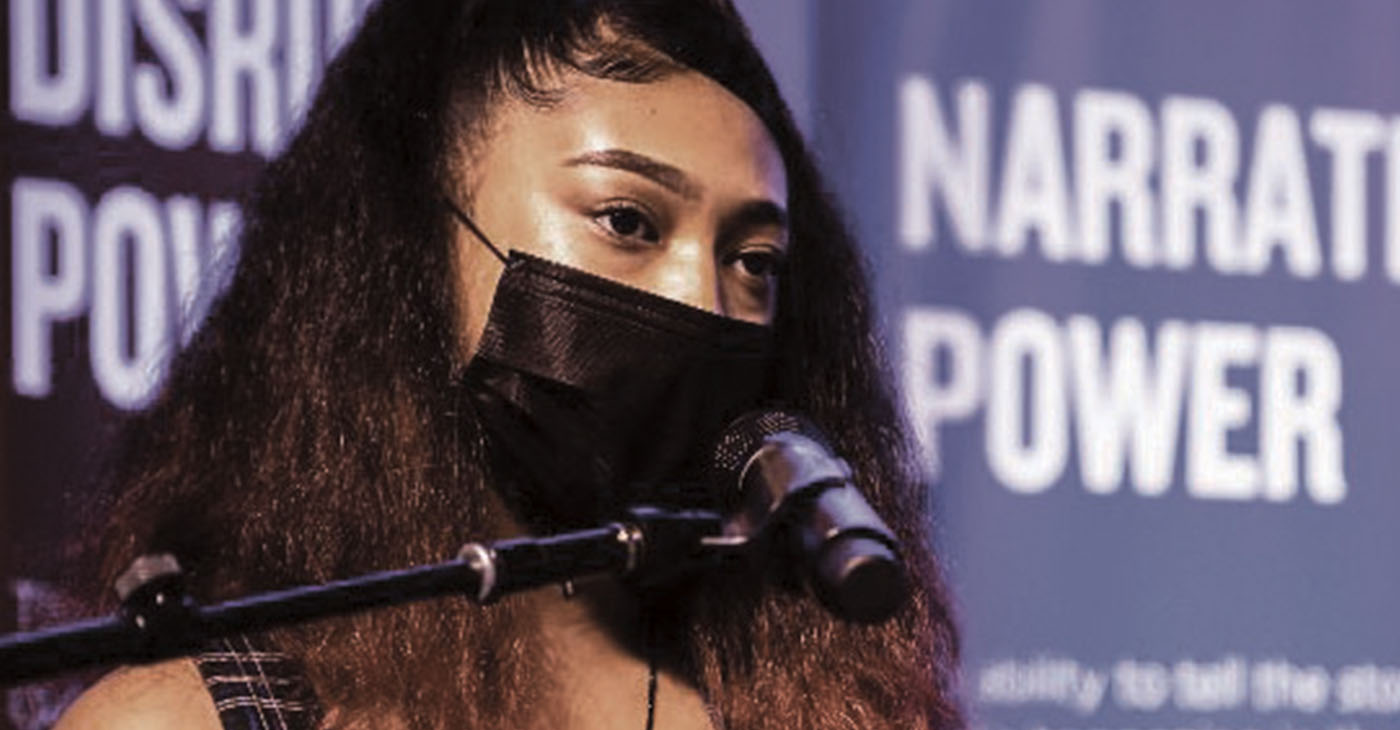
Activism
Chase Oakland Community Center Hosts Alley-Oop Accelerator Building Community and Opportunity for Bay Area Entrepreneurs
Over the past three years, the Alley-Oop Accelerator has helped more than 20 Bay Area businesses grow, connect, and gain meaningful exposure. The program combines hands-on training, mentorship, and community-building to help participants navigate the legal, financial, and marketing challenges of small business ownership.
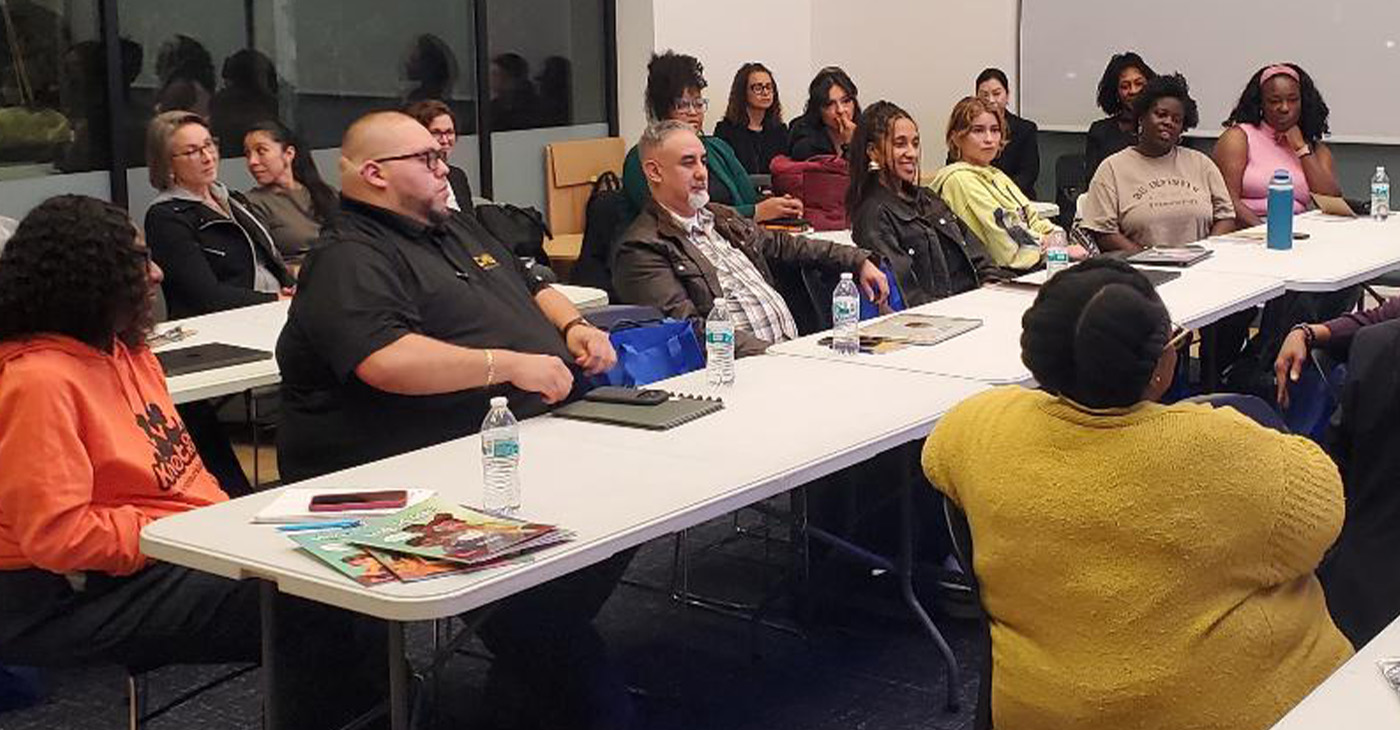
Activism
Oakland Post: Week of February 18 – 24, 2026
The printed Weekly Edition of the Oakland Post: Week of – February 18 – 24, 2026
Activism
Oakland Post: Week of February 11 – 17, 2026
The printed Weekly Edition of the Oakland Post: Week of – February 11 – 17, 2026
-

 Activism4 weeks ago
Activism4 weeks agoLife Expectancy in Marin City, a Black Community, Is 15-17 Years Less than the Rest of Marin County
-

 Activism4 weeks ago
Activism4 weeks agoOakland Post: Week of January 28, 2025 – February 3, 2026
-

 Activism3 weeks ago
Activism3 weeks agoCommunity Celebrates Turner Group Construction Company as Collins Drive Becomes Turner Group Drive
-

 Business3 weeks ago
Business3 weeks agoCalifornia Launches Study on Mileage Tax to Potentially Replace Gas Tax as Republicans Push Back
-

 Activism3 weeks ago
Activism3 weeks agoDiscrimination in City Contracts
-

 Arts and Culture3 weeks ago
Arts and Culture3 weeks agoBook Review: Books on Black History and Black Life for Kids
-

 Activism4 weeks ago
Activism4 weeks agoMedi-Cal Cares for You and Your Baby Every Step of the Way
-

 Activism3 weeks ago
Activism3 weeks agoCOMMENTARY: The Biases We Don’t See — Preventing AI-Driven Inequality in Health Care

